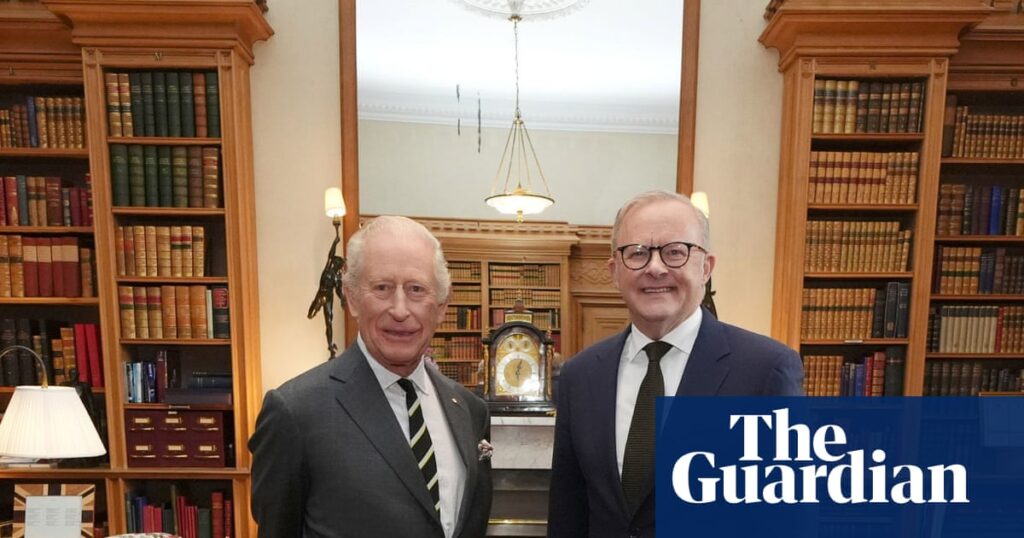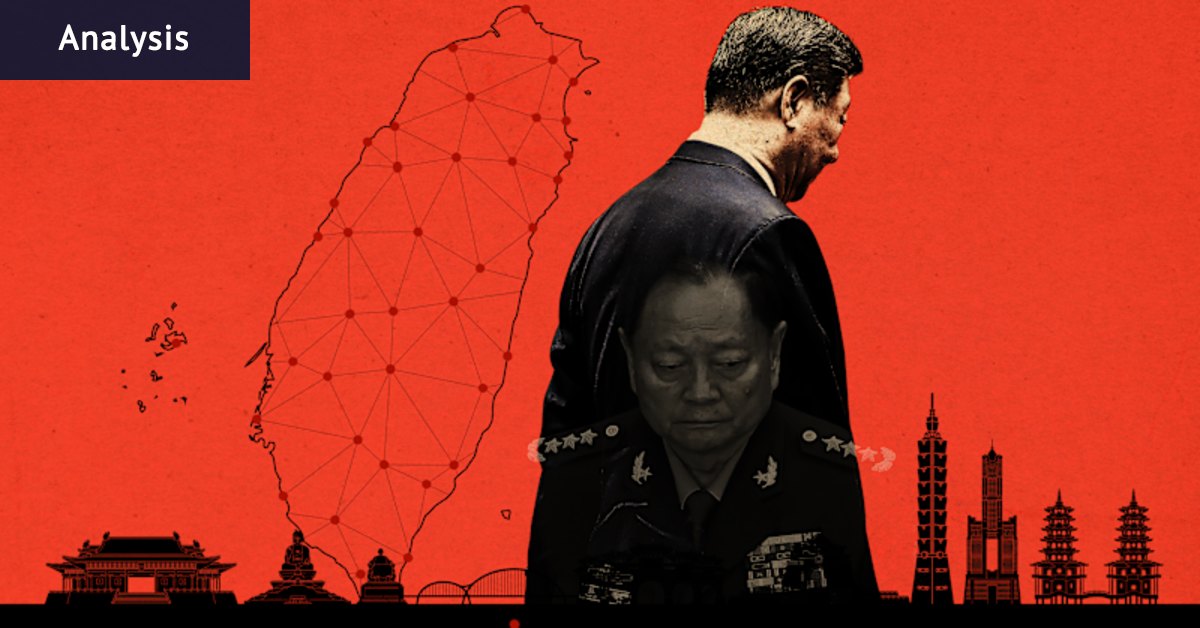
Anthony Albanese has decisively ruled out the possibility of holding a referendum to transition Australia into a republic during his tenure as prime minister. Despite his personal support for an Australian head of state, Albanese confirmed this stance during an appearance on the ABC Insiders program, following his meeting with King Charles at Balmoral, Scotland.
In the interview, Albanese stated, “I think I’ve made it clear that I wanted to hold one referendum while I was prime minister, and we did that,” referencing the 2023 Indigenous voice to parliament referendum. “We did that. And I think [now] we’re concentrating on cost of living, and on making a real practical difference to people’s lives,” he added, emphasizing his government’s current priorities.
Historical Context and Past Attempts
The announcement comes as a significant moment in Australia’s ongoing debate about its constitutional future. The last prime minister to visit the British monarch at Balmoral Castle was Paul Keating in 1993. During his visit, Keating expressed to Queen Elizabeth that there was a “growing feeling” that Australia should have its own head of state, aiming for a republic by the centenary of federation in 2001.
However, a 1999 referendum under then-Prime Minister John Howard’s leadership failed to gain the necessary support to enact such a change. This historical backdrop underscores the complexity and divisiveness of the republic debate in Australia.
Albanese’s Position and Political Strategy
Albanese, a long-time advocate for an Australian republic, has gradually distanced himself from pushing for constitutional change. In October 2023, following the unsuccessful voice referendum, he ruled out another referendum during his first term. “I made it very clear that this was the only referendum that I was proposing in this term. I made no commitments about any further referendums,” he stated during a press conference.
In July 2024, Albanese went further by scrapping the ministerial portfolio dedicated to a republic. Despite this, as recently as Friday, he left open the possibility of a future vote, stating, “I’ve said very clearly, I have no plans to have a referendum during this term,” during a press conference in London.
Public Sentiment and Future Prospects
When asked whether he believed Australia would become a republic in his lifetime, Albanese responded, “That’s a matter for the Australian people, but I respect his majesty.” This reflects a cautious approach, acknowledging the complexity of public opinion on the issue.
The Australian Republic Movement urged the government to keep the issue on the national agenda. Co-chair Nathan Hansford remarked, “A visit to Australia’s head of state shouldn’t require a flight to Balmoral.”
The movement’s call to action highlights the ongoing desire among some Australians to revisit the republic debate. “We call on the prime minister and all parliamentarians to keep this on the national agenda and set out a path to a referendum. Keep the conversations going and let Australians decide,” Hansford urged.
Implications and Looking Ahead
The decision to forgo a republic referendum during Albanese’s leadership reflects a broader strategic focus on domestic issues such as cost of living and economic stability. This move represents a pragmatic approach, prioritizing immediate concerns over long-term constitutional change.
As Australia continues to navigate its identity and place within the Commonwealth, the question of becoming a republic remains a topic of national significance. While Albanese has closed the door on a referendum in the near term, the conversation is far from over. The Australian Republic Movement and other advocates will likely continue to push for discussions and potential future action.
Looking forward, the path to a republic will depend on shifts in public sentiment, political will, and the broader socio-economic context. For now, the focus remains on addressing pressing domestic challenges, with the republic debate simmering in the background, ready to emerge when the political climate is more favorable.





